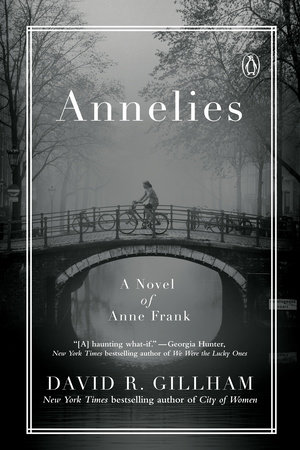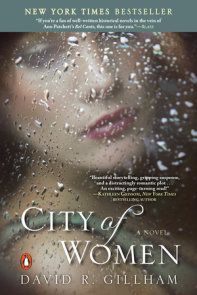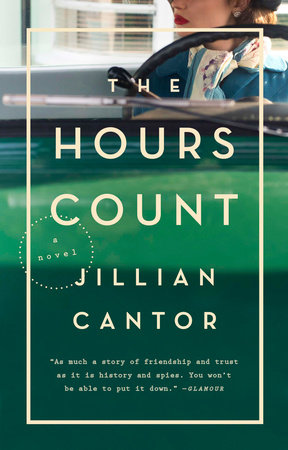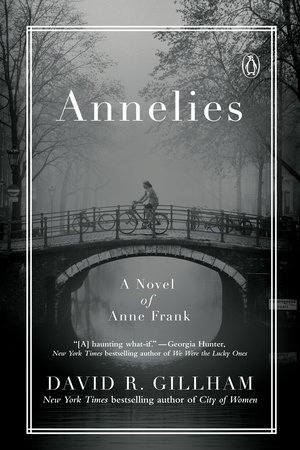

Annelies
By David R. Gillham
By David R. Gillham
By David R. Gillham
By David R. Gillham
By David R. Gillham
Read by Saskia Maarleveld and David R. Gillham
By David R. Gillham
Read by Saskia Maarleveld and David R. Gillham

-
$22.00
Sep 03, 2019 | ISBN 9780735215313
-
Jan 15, 2019 | ISBN 9781101601280
-
Jan 15, 2019 | ISBN 9780525641742
891 Minutes
Buy the Audiobook Download:
YOU MAY ALSO LIKE
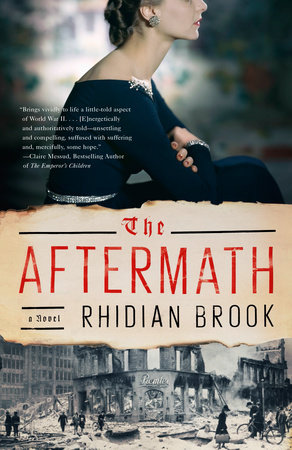
The Aftermath

The Girl from the Paradise Ballroom
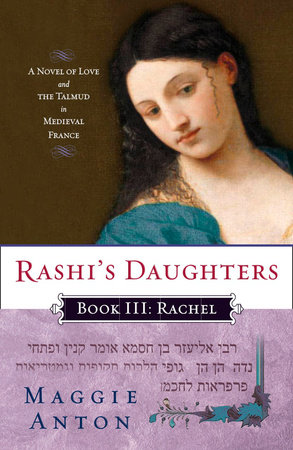
Rashi’s Daughters, Book III: Rachel
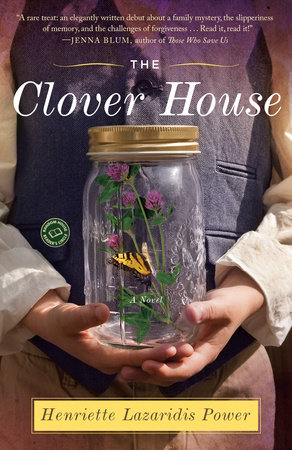
The Clover House
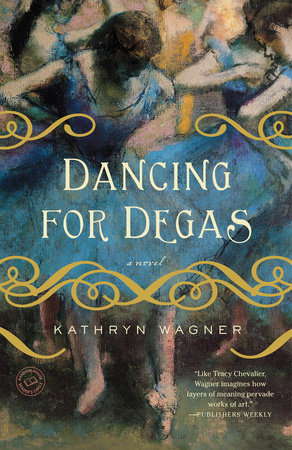
Dancing for Degas
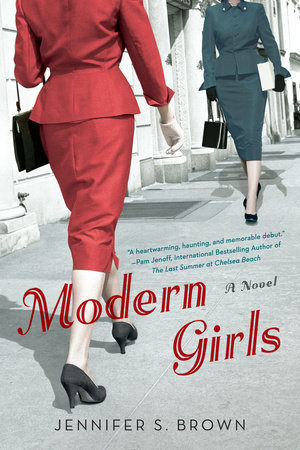
Modern Girls
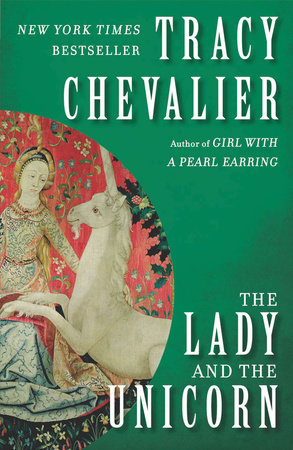
The Lady and the Unicorn
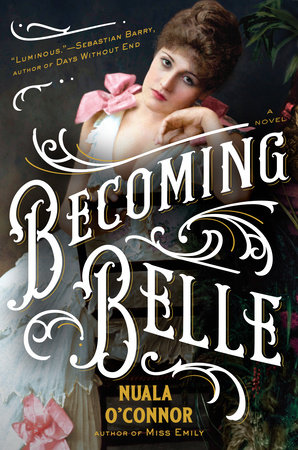
Becoming Belle
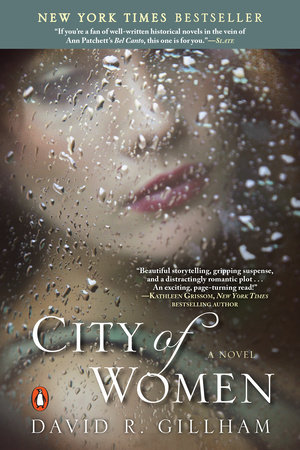
City of Women
Praise
“Gillham is a powerful storyteller, and Annelies is marbled with spare eloquence that captures the absurdity of life after the camps. . . . A novel that reminds the world to remember Anne Frank is most welcome.”
—USA Today
“A tour de force.”
—Historical Novels Society
“In this haunting what-if, David Gillham asks us to reflect on the quandary of how one learns—in the unimaginable wake of the Holocaust—to live again, shedding a powerful, human light on the tragedy of lost potential.”
—Georgia Hunter, New York Times bestselling author of We Were the Lucky Ones
“To imagine the could-have-been life of Anne Frank, one of the real-life pillars of our understanding of the Holocaust, is a risky undertaking, but David Gilham delivers his story with sensitivity and grace. The result is not only a poignant reminder of all that was lost during the war, but a vivid, searching exploration of what it meant to exist in the aftermath.”
—Jessica Shattuck, New York Times bestselling author of The Women in the Castle
“I had to slow down reading Annelies to better absorb the beauty and power of David Gillham’s words. His depth of understanding of human resilience and our capacity to survive and find the light after unimaginable darkness is a gift. A stunning evocation of the human spirit and its ability to inspire across borders, languages, and decades.”
—Kathleen Grissom, New York Times bestselling author of The Kitchen House and Glory Over Everything
“In Annelies, David Gillham not only explores what might have happened if Anne Frank had survived, but also draws an intimate portrait of life as a Jewish survivor in post-war Amsterdam. By turns a coming-of-age novel and a story of survival, redemption, and family—Annelies is a meticulously researched, emotionally resonant what-if.”
—Jillian Cantor, author of Margot and The Lost Letter
“Gillham has given Annelies Marie Frank the life so brutally taken from her, in the process honoring all the ‘Annes’ who were lost in the Holocaust. . . . Gillham’s beautifully crafted novel is a respectful tribute to the creative and passionate writer who died so young. . . . Frank’s life thereafter is so vividly realized that readers will have to keep reminding themselves this is fiction. Highly recommended for admirers of literary historical fiction such as Kristin Hannah’s The Nightingale and Martha Hall Kelley’s Lilac Girls.”
—Library Journal
Praise for David Gillham’s City of Women
“I can’t wait for Gillham’s next novel—play it again, Sam.”
—Stephen King
“The writing is a great mix of the literary and commercial, page-turning and suspenseful, with a morally complex, intelligent heroine at its center. If you’re a fan of well-written historical novels in the vein of Ann Patchett’s Bel Canto, this one is for you.”
—Slate
“Philip Kerr and Alan Furst have outdone their literary counterparts. Now, with his first novel, City of Women, David R. Gillham joins their rank.”
—Charles Finch, USA Today
“Gillham’s writing is often stunning . . . The characters are complex . . . Deeply felt and mercilessly real.”
—The Plain Dealer (Cleveland)
“A meticulously researched and beautifully told love story—and a remarkable look at life in Germany during World War II.”
—Minneapolis Star-Tribune
“A thriller of searing intensity that asks the most urgent of questions—how to love, who to trust, what can be saved in the very darkest of times. . . . Utterly compelling.”
—Margaret Leroy, New York Times bestselling author of The Soldier’s Wife
“A moving and masterful debut . . . Powerful and piercingly real. You won’t soon forget these characters.”
—Paula McLain, New York Times bestselling author of The Paris Wife
21 Books You’ve Been Meaning to Read
Just for joining you’ll get personalized recommendations on your dashboard daily and features only for members.
Find Out More Join Now Sign In






